zK-DaoHub
Privacy and community are at the heart of the web3 world. The traditional daos, I think, are somewhat centralized, as they ask users to stake some tokens for their entry and give them the power to make decisions about the dao. zK-DaoHub is a groundbreaking platform revolutionizing the landscape of Decentralized Autonomous Organizations (DAOs). It serves as a bridge between Web2 and Web3, simplifying the initiation and management of DAOs for broader adoption. By abstracting governance models and tokenomics, zK-DaoHub streamlines the complex processes involved, making them accessible to a wider audience. Its key features include customizable governance settings, flexible voting mechanisms, and controlled access to Token-gated DAO resources, Anonymous Groups, etc. Moreover, zK-DaoHub addresses critical pain points within the DAO ecosystem such as technical complexity and communication challenges. It provides an intuitive interface for users, eliminating the need for extensive technical knowledge. Additionally, it offers a dedicated space for streamlined DAO activity management, overcoming integration challenges posed by platforms like Discord and Telegram. One of the standout features of zK-DaoHub is its commitment to enhancing accessibility. It boasts a user-friendly interface, transparent communication of governance models and tokenomics, and efficient decision-making tools, thereby fostering trust and encouraging broader community participation. Furthermore, zK-DaoHub integrates RainbowKit, a robust authentication framework with ParticleAuth, to ensure secure and convenient access to its platform. This harmonizes various authentication methods, including Web3-based options like Metamask, Rainbow, etc and traditional methods like Google, Discord, etc catering to diverse user preferences. In addition, zK-DaoHub leverages the Bandada ecosystem for seamless user registration and affiliation with anonymous Bandada groups associated with DAOs. This integration enhances security and integrity through the verification of users' membership in Bandada groups using Merkle proofs. Overall, zK-DaoHub represents a significant step forward in redefining decentralized collaboration. It aims to democratize DAO governance, making it not only feasible but also user-friendly and efficient for communities, organizations, and individuals alike.

